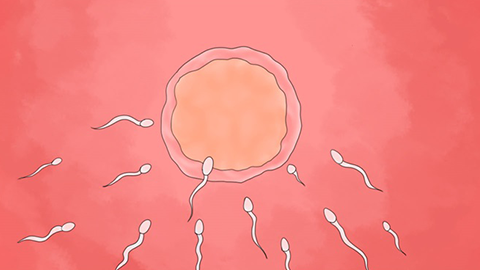How many days does it take for a fertilized egg to implant?
Under normal circumstances, it usually takes 6-8 days for the embryo to complete the process of implantation after its formation, but the specific time may vary slightly depending on factors such as the development speed of the embryo and the peristaltic movement of the fallopian tubes, so it is not absolutely fixed. Detailed analysis is as follows:

Fertilization typically occurs within 12-24 hours after ovulation. The formed zygote gradually moves toward the uterus, continuously undergoing cell division during this process and developing from a zygote into a blastocyst. Around the sixth day after fertilization, the blastocyst reaches the uterine cavity and begins preparing for implantation. Within the following 1-2 days, the blastocyst gradually embeds into the endometrium to complete the implantation process.
Implantation timing can be affected by individual differences. If the embryo develops more slowly or delayed arrival into the uterus occurs due to slower fallopian tube peristalsis, implantation may be postponed by 1-2 days. If the female endometrial condition is suboptimal, such as insufficient thickness or presence of inflammation, it may also affect the implantation process, causing variations in timing.
In daily life, understanding the general timeline of embryo implantation helps better comprehension of human reproductive physiology. For those planning pregnancy, maintaining regular sleep patterns, balanced nutrition, and avoiding excessive fatigue can create favorable physical conditions for embryo implantation and promote reproductive health.




